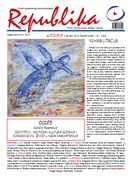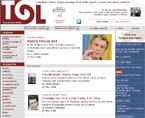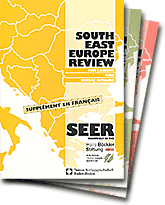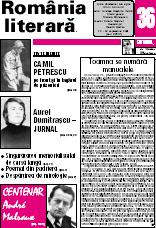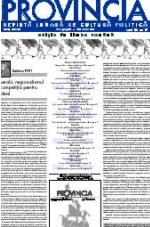
„La hotarul dintre două lumi...”
The article focuses on the election process and the election results in Hungary. The author says that there were no free elections in Hungary that offered the people two so clearly different alternatives and that affected so much the Hungarians in Transylvania. Interpretations of the results.
More...
